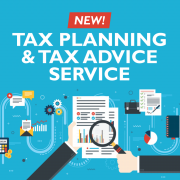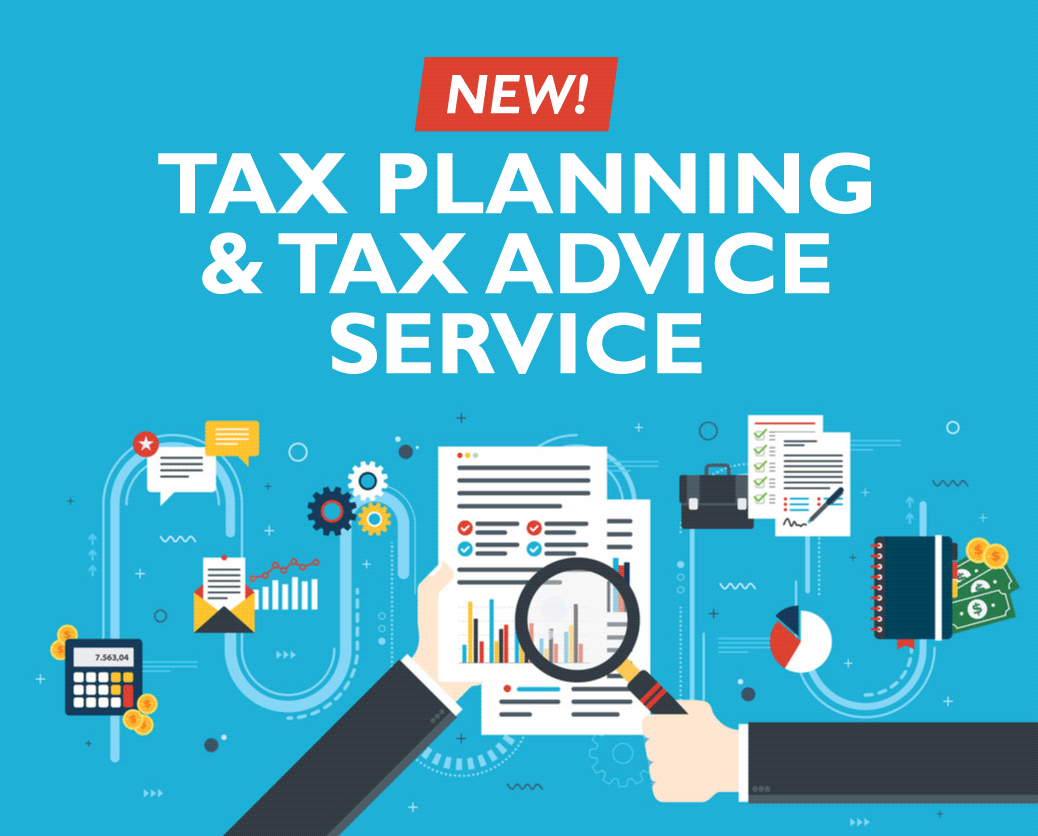Taxfile: Your One-Stop Tax & Accountancy Shop

Taxfile has over 100 years of combined tax and accounting experience. It’s incredible to think that the key personnel have administered over 30,000 tax submissions in the past 20 years! Beginning way back in 1994 (and continuing as Guy Bridger Limited from 1997), we originally started business offering only CIS sub-contractor returns but quickly developed the service to help the self-employed, local businesses and higher rate taxpayers with their tax computations. Along the way we added tax and accounting services for taxi drivers, cab drivers, landlords and more. We also offer Capital Gains tax expertise and tax investigation help and, more recently, professional help with disclosures, written tax advice and tax planning for things like inheritance.
We have exceptional accounting experience in all key tax and accounting areas including:
- CIS computations, CIS returns and refunds for sub-contractors and limited companies in the construction industry,
- Tax, tax returns and accountancy for the self-employed, small businesses, partnerships etc.,
- Tax help for taxi drivers and cab drivers,
- Tax help for landlords,
- Tax help for limited companies,
- Tax help for directors,
- Payroll services,
- Bookkeeping,
- VAT including VAT registrations, VAT returns and VAT accounting,
- Corporation tax,
- Capital Gains Tax (CGT),
- Year end accounts for limited companies, SME’s, partnerships,
- Non-domicile taxes/foreign taxes,
- PAYE and National Insurance Contributions (NIC),
- Company registrations,
- Auto Enrolment for Workplace Pensions
- and just about any other tax and accounting-related assistance you can think of.
Taxfile helps individuals as well as businesses. Our customers are very varied, turning over anything from £10,000 to over £1 million a year. A few are high wealth individuals who no longer need to work but still need to account for their taxes etc. Some customers have retired, others operate small businesses and some don’t even live in the UK but may have assets here. So, whatever your income, assets or situation, the message is that if you need ANY tax-related help, you’ve found the right place in Taxfile.
Taxfile also has the back-up and expertise of professional bodies on tap (so nothing is too complicated for us) and also has excellent relations with the tax authorities — we’re very well trusted by HMRC. Guy even helps in the local employment zone, which aims to improve business in the Tulse Hill and West Norwood area. So, Taxfile is very much part of the local community, particularly in South London (but expanding to other areas too — keep an eye on this blog for forthcoming information about that in the very near future).
Whatever help you need with tax and accountancy-related matters, call Taxfile on 0208 761 8000 and we’ll be delighted to help you. Alternatively, Read more






 It’s now time to start the process of claiming your tax refund if you are a subcontractor working within the construction industry and have been paying tax, in advance, through the Construction Industry Scheme (‘CIS’). In this article we will tell you how you qualify and how to claim your tax refund. First, though, a little bit of background to the scheme:
It’s now time to start the process of claiming your tax refund if you are a subcontractor working within the construction industry and have been paying tax, in advance, through the Construction Industry Scheme (‘CIS’). In this article we will tell you how you qualify and how to claim your tax refund. First, though, a little bit of background to the scheme: On 5 December 2013 George Osborne, Chancellor of the Exchequer, gave his Autumn Statement in Parliament. Key announcements included:
On 5 December 2013 George Osborne, Chancellor of the Exchequer, gave his Autumn Statement in Parliament. Key announcements included: